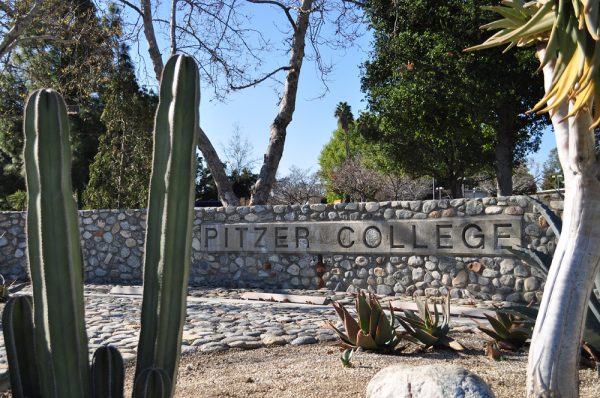Sinful shopping: Extra taxes deter poor health choices
Just because some Americans want to harm their bodies with tobacco, alcohol and sugar-loaded drinks, that doesn’t mean you and I should have to pay for the health consequences of their behavior. Only one thing can keep us from being saddled with their health care expenses later in life: a sin tax.
Sin taxes are an additional tax levied on products that are considered undesirable or harmful to the human body in addition to being costly for society in terms of health care. The goal of the tax is to use the extra money to pay for the long term medical care people may need, such as treatment for lung cancer, liver disease and diabetes.
One reason to support sin taxes is that they can potentially help reduce unhealthy behaviors by making harmful products prohibitively expensive. There is only so much that some consumers can afford, especially if they need to make regular purchases to feed an addiction.
In Maryland, there is currently an additional nine percent tax on alcoholic beverages, $2.37 combined tax for tobacco products (per pack, typically with 20 cigarettes), and up to 30 percent added tax on e-cigarettes. Maryland does not have an extra tax on sugary drinks such as Gatorade.
However, according to the Washington Post, the D.C. Council announced a bill last month that would introduce a 1.5 cent-per-ounce tax on sugary beverages. The bill is intended to help reduce the level of type 2 diabetes and obesity among low-income residents and improve the health of the city.
Sin taxes are subjective to certain products; they don’t cover everything. Lawmakers prioritize some health-related issues to address in terms of taxation, such as alcoholism and lung problems.
In addition, other highly addictive products, such as sugary foods and drinks, vary in terms of taxation by state, even though they can cause serious health problems like diabetes, obesity and heart disease.
Naturally, peoples’ health needs increase with age. But people who mistreat their bodies at a younger age have greater and more costly health needs than those who do not.
Another major benefit of sin taxes is their ability to maintain the price of health insurance without driving up costs for everybody. By enabling the government to have extra money to potentially use for people who directly harmed their bodies, insurance companies won’t have to drive up prices for their other clients to cover those who cannot afford care. This is particularly appealing to voters who don’t want the cost of insurance to be raised in order to pay for others.
Despite many benefits of sin taxes, there are few downsides. First, though the state government may intend to use the collected taxes for health care, they might not actually spend them in that way.
Sin taxes also may not hinder people from using harmful products. Even though the prices would be higher, the number of purchases might not decrease. Wealthier Americans will simply not be fazed by the added cost, while the poor would be truly impacted, paying more than they can afford for products they are dependent on.
Although sin taxes cannot be guaranteed to be effective in all situations, they have the ability to decrease the demand for and use of harmful products. In addition to decreasing the number of purchases made, the tax also raises awareness about the detrimental effects of over-usage of these products and maintains the price of health care. More states and local governments should levy them.
This story was featured in the Volume 37, Issue 3 print edition of The Lion’s Tale, published on November 21, 2019.
















